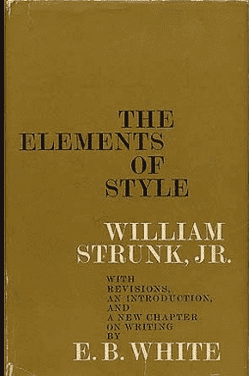 Plenty of time for writing exercises at Write Doe Bay. Photo courtesy: Casey Sjogren.
Plenty of time for writing exercises at Write Doe Bay. Photo courtesy: Casey Sjogren. But my relationship to the weekend escape known as the retreat is more like a "Sam and Diane" connection (think TV show "Cheers") rather than a hand-in-glove love affair. I'm a writer in passion, talent and career, but I tend to resist the meta — the bird's-eye view of writing.
This ambivalence is rooted in two precepts common to many writers — fear and procrastination. What if I find out that my writing sucks, that everyone else is better than me? Am I just stalling by getting away from it all, when what I really need is to get my butt in the chair?
"A writer writes, right? How could attending a veritable break get more words on the page," I thought?
Last fall, I decided to drop all of this psychological baggage to attend Write Doe Bay, a writer's mecca in Washington state that dubs itself, "an intimate artists' retreat and multi-workshop event..." Now that the dust has settled, I can say this three-day weekend (Oct. 6-8, 2017) gave me ...



 RSS Feed
RSS Feed